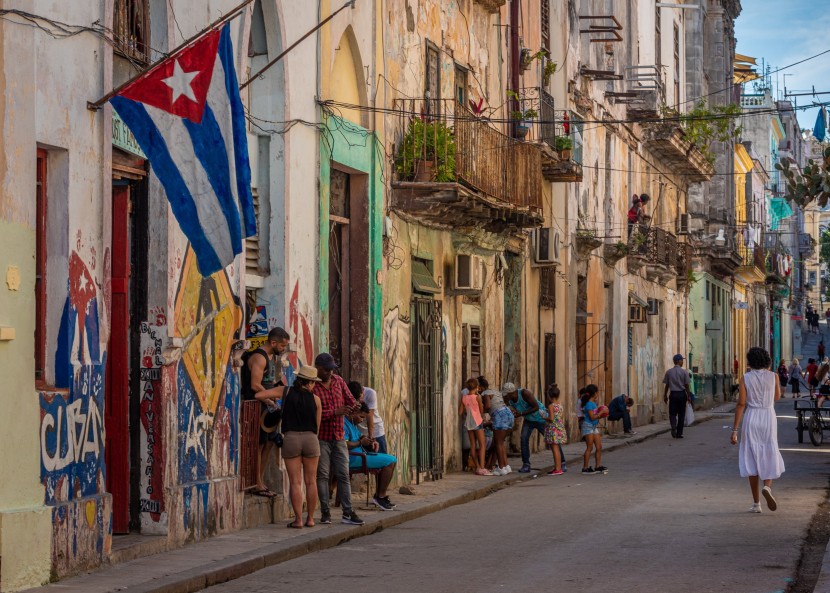
As Cuba experiences its worst energy crisis in decades, people are having to resort to alternative methods to go about their lives.
A report by The Associated Press detailed the case of Marylin Alvarez, whose family is now using a charcoal stove to cook food after losing access to cooking gas and being unable to rely on an electric burner due to rolling blackouts. A blacksmith in the outskirts of Havana has built charcoal stoves from scrap metal for $18, equivalent to a monthly state salary.
Alvarez's husband has also managed to assemble a television from a laptop screen powered by an electric motorcycle battery, allowing his family brief access to news and soap operas.
In the past eight months, Cuba has suffered four nationwide blackouts. President Miguel Díaz-Canel recently acknowledged the scale of the crisis, calling it one of the government's biggest challenges.
The Government plans to address the shortfall by building solar parks and repairing existing generators with support from China and Russia, but so far there have been few results.
The scenes happen in the context of one of the most severe crisis in the island's history, marked by economic collapse, mass emigration, and deteriorating living conditions.
Tourism, once a vital pillar of Cuba's economy, has seen a dramatic decline, with visitor numbers in 2024 down nearly 50% since 2017. U.S. sanctions, including travel and visa limitations, have further complicated the situation, affecting not only American tourists but also visitors from Europe.
The crisis has driven an unprecedented wave of emigration, with official figures showing the population has decreased by at least one million since the pandemic. Over 675,000 Cubans have relocated to the United States.
Originally published on Latin Times
© 2025 Latin Times. All rights reserved. Do not reproduce without permission.








